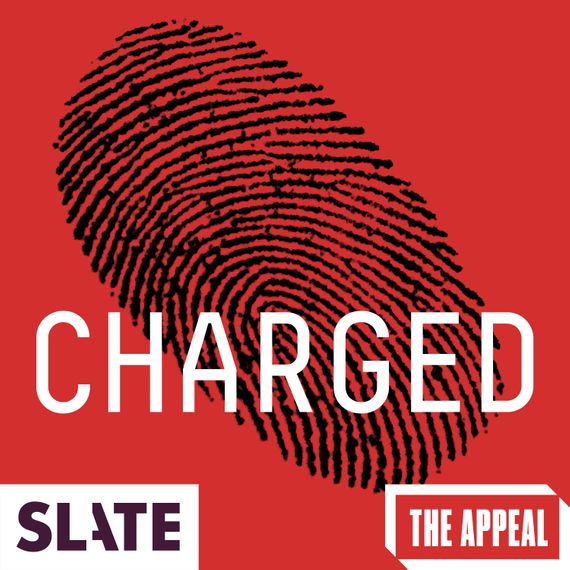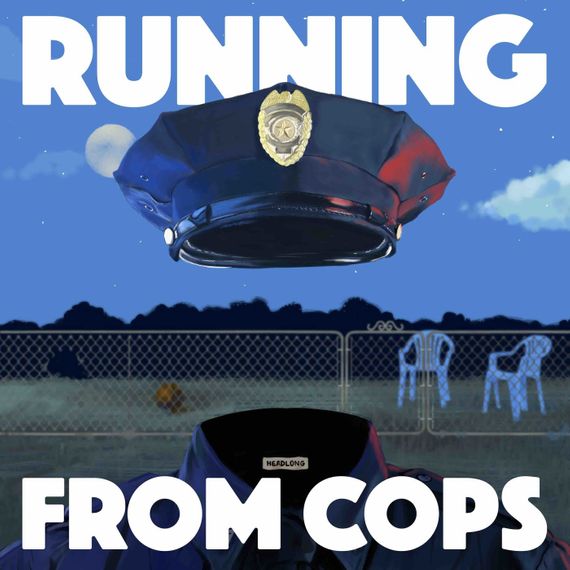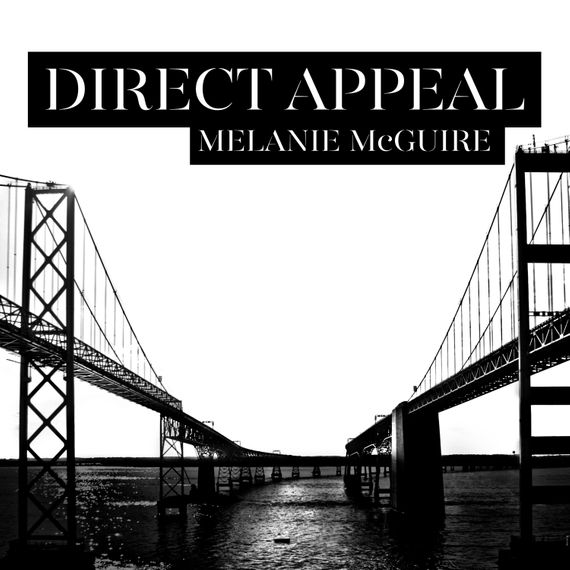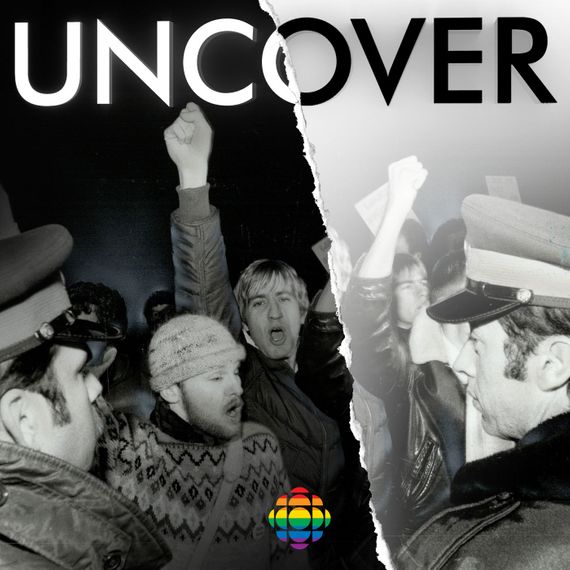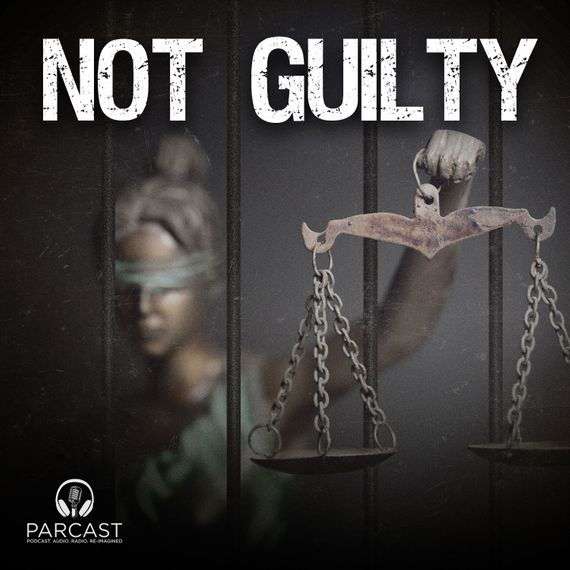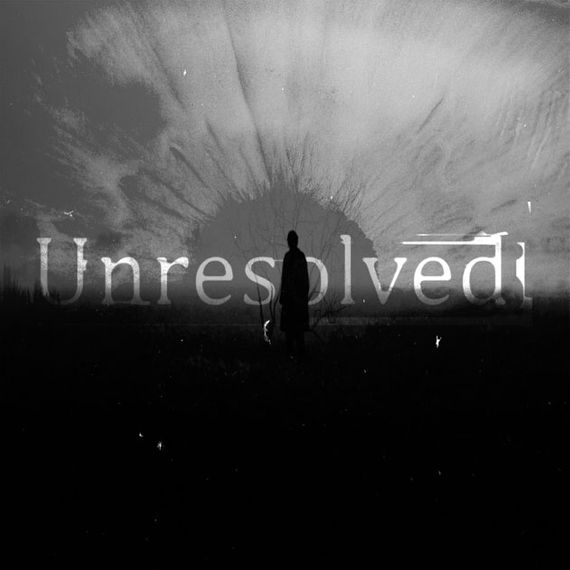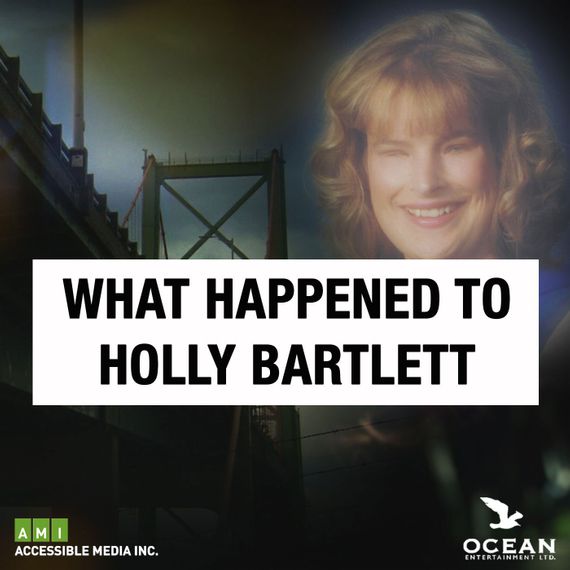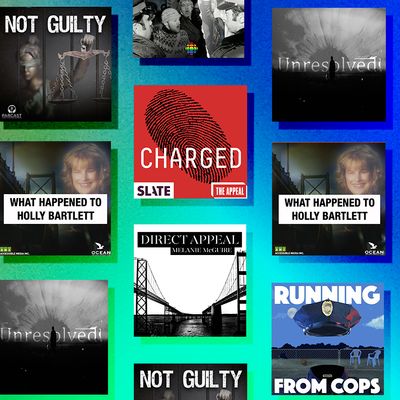
The true-crime podcast universe is ever expanding. We’re here to make it a bit smaller and a bit more manageable. There are a lot of great shows, and each has a lot of great episodes, so we want to highlight the noteworthy and the exceptional. Each week, our crack team of podcast enthusiasts and specialists will pick their favorites. To read the last edition, click here.
Charged: “The Escape Hatch”
Billed as a story about the fight to transform one big-city justice system, Charged, from Slate and the Appeal, is the type of podcast that will hook listeners who found themselves upset about the justice system after listening to In the Dark or Serial. But where those podcasts left listeners frustrated, Charged, now four episodes into its story, evokes hope as it tells the story of Brooklyn DA Eric Gonzalez, who wants to change how we approach incarceration. Gonzalez grew up in Brooklyn, where he fought off kids trying to steal his sneakers. His brother was shot and killed when he was a young prosecutor. He sees defendants in court through different eyes than his colleagues. Writer Emily Bazelon connects Gonzalez’s story with that of Tarari, a young black man diverted to Brooklyn’s new gun court. Tarari, a talented rapper, got a gun for protection after years of being bullied — he isn’t a career criminal, or the type of “evildoer” Mayor Bill de Blasio envisioned in gun court. As a listener, you’ll feel hope for Gonzalez to able to buck the status quo with Tarari’s case, coupled with doubts about how the established justice system will resist. Either way, it’s an an absorbing look at a new generation challenging a system. —Lara Bricker
Headlong: Running From Cops: “Mind Blown”
You know that show Cops, right? Well, it turns out it’s way more than a reality show. It’s a pervasive and destructive force in our culture — or at least that’s the case Dan Taberski, the guy who brought us Missing Richard Simmons and Surviving Y2K, makes in the third season of his podcast Headlong. Taberski, whose signature style is more sitcom singsong than true-crime sober, does a deep dive into Cops, revealing some surprising TV production tricks that result in very real consequences: performative interactions with suspects, potential misconduct, constitutional violations, and, perhaps most troubling of all, how the show has influenced America’s relationship with law enforcement — including the behavior of current cops who grew up watching the series. Taberski may seem like an unlikely fit for this task, but he is one of the most talented storytellers in the business. Add to that his own very informative background working in reality TV, and you get a recipe for a near perfect podcast. —Rebecca Lavoie
Direct Appeal: “The Fixer,” “The Perfect Marriage,” and “The Closing”
It’s hard not to catch Serial vibes off of the new investigative podcast Direct Appeal, what with its plucky intro music and the familiar Global Tel Link operator chiming in at the start. But that’s largely where the comparisons end. Hosted by criminologists Dr. Meghan Sacks and Dr. Amy Shlosberg (arguably much more well-versed in the criminal-justice system than our beloved Sarah Koenig), Direct Appeal reopens the case of Melanie McGuire, a New Jersey woman who was convicted in 2007 of murdering and dismembering her husband, Bill McGuire. (The case is often referred to as “The Suitcase Murder” as Bill’s body parts were found in several suitcases in Virginia.) Sacks and Shlosberg are reexamining Melanie’s case at her behest but promise listeners (and Melanie) that they will provide an unbiased review. The first three episodes lay much of the groundwork for what’s to come, and include a lot of (probably too much of) Melanie’s own recollections of the days and weeks leading up to her husband’s murder. It’s hard to tell where this investigation will lead, but with 11 promised episodes, there are sure to be a few twists and turns along the way. —Amy Wilkinson
Uncover: The Village: “A Confession”
Journalist Justin Ling’s work investigating serial killer Bruce McArthur’s murders of men of color in Toronto’s Gay Village has culminated in a living, breathing, historical document of LGBTQ+ life. In some ways, it reminds me of Buzz Bissinger’s “The Killing Trail,” about the ’90s-era murders of gay men in Texas, but with the added insight of the reporter being a part of the community he’s reporting on. While reporting on McArthur’s crimes, before and after McArthur’s confession, Ling goes down some fascinating and deeply insightful rabbit holes about decades-old murders that were given short shrift by Canadian police, including the grisly killings of Club David’s owners Sandy Leblanc in Toronto and Mark Lefkofski in Michigan just a few years later. Ling’s interviews of detectives in their 70s and 80s talking about their investigations of so-called “homosexual murders” is especially eye-opening — it wasn’t that long ago that cops were literally afraid to eat or drink in gay establishments, not to mention simply writing off disappearances and murders as lovers’ quarrels and the like. Is McArthur behind even more murders? It seems possible. But only if Toronto police actually put in the footwork. —Jenni Miller
Not Guilty: “Robert Blake Pt. 1: Bonny Lee Bakely” and “Robert Blake Pt. 2: TV Cop on Trial”
Consider it Law & Order’s sonic stepsister. Each two-part episode of Not Guilty breaks down a high-profile crime into its core components: the police investigation and the ensuing trial. (And, if the name wasn’t a dead giveaway, these are all cases in which the plaintiff was either acquitted or later exonerated.) The podcast kicks off with a doozy: The murder trial of Baretta actor Robert Blake, who was accused of killing his wife Bonny Lee Bakely in 2001. These first two episodes are well researched, going beyond the sensationalistic tabloid headlines, and the storytelling is brisk. Of course, a little of the mystery is lost knowing what the verdict will be ahead of time, but there’s still plenty of intrigue in these character studies of men and women who triumphed (right or wrong) over law and order. —Amy Wilkinson
Unresolved: “The Delphi Murders”
On February 14, 2017, the bodies of Abby Williams and Libby German, two eighth-grade girls from Delphi, Indiana, were found on a property near Monon High Bridge trail, a hiking area in their town. As of now, the police have yet to release any information as to how the girls were murdered (only that it’s clear that they were) or what evidence was found at the scene. What we do know: On her phone, Libby recorded a man on the bridge — his distinctive walk as well as him saying, presumably to the two girls, “Down the hill.” Police released video and audio to the public, declaring this man a person of interest. About two weeks ago, the direction of the investigation changed, after a tip about a suspicious vehicle, and now there’s a new suspect.
Michael Whelan, Unresolved’s host and producer, does a thorough and sensitive dive into the case, the suspects, and where things stand right now. The episode includes full press conferences, complete with more audio from that man on the bridge (chilling even when you listen to it in the middle of the day), and an important reminder to anyone who’s hesitant to report something they’ve seen: don’t rationalize your instincts away. Listen to that voice inside you that says something is wrong, and don’t shut up about it. —Chanel Dubofsky
What Happened to Holly Bartlett: “Tenacity”
On an early March morning in March, 2010, 31-year-old Holly Bartlett was found injured and unconscious at the foot of a concrete abutment beneath the McCain Bridge in Halifax, Nova Scotia. She died the next day in the hospital from her injuries and hypothermia. Holly, who was blind, had been out drinking with friends that night and the police ruled her death an accident. Yet there were ample reasons to believe that this was not, in fact what had actually happened. In What Happened to Holly Bartlett, from Accessible Media, Inc., journalist Maggie Rahr reinvestigates the case. One of the pleasures of this six-episode podcast, which just aired its finale this week, is learning about the “fiercely independent” Holly and how she made her way in the world as a blind person. In fact, the Halifax police’s misunderstanding of the degree of her independence is one of a number of mistakes they made in assessing a case that should have raised concerns from the start. Rahr is a compassionate guide to Holly’s world and sober in her search for the truth behind Holly’s death. Unlike many podcasts taking on old cases, this one leaves you with what feels like a satisfying resolution. —Toby Ball
This week’s contributors: Toby Ball, Lara Bricker, Chanel Dubofsky, Rebecca Lavoie, Jenni Miller, Amy Wilkinson


